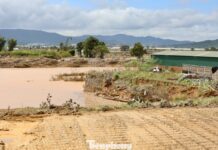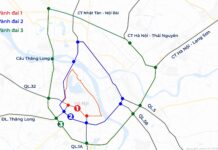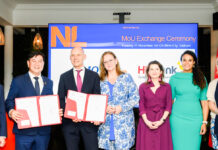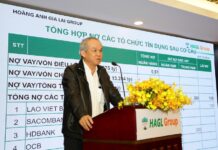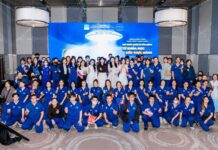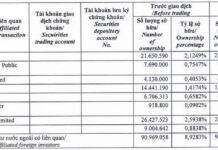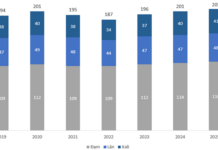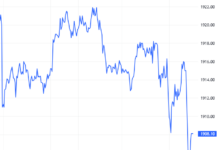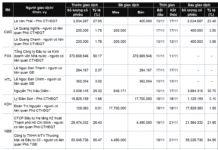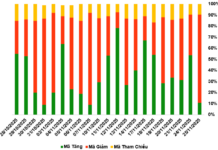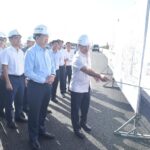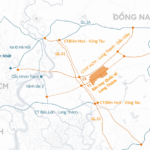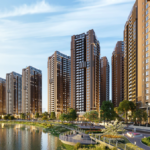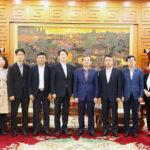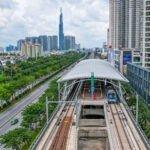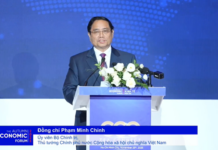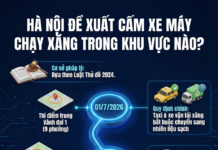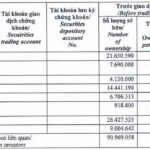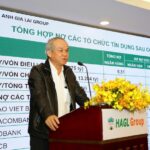Many experts argue that Ho Chi Minh City’s (HCMC) biggest bottleneck today lies not in resources but in its institutional framework and policies. According to Dr. Bùi Ngọc Hiền from the HCMC Cadre Academy, the lack of a critical “driving force” prevents the city from fully leveraging its key assets, such as the government’s dynamism, its geopolitical advantages, and the population’s keen market insights.
Empowering Autonomy and Decision-Making
Dr. Hiền emphasizes that the new context demands HCMC have sufficient policy space to uphold its tradition of innovation, pioneer new leadership and management models, and drive socio-economic development. Simultaneously, the city must collaborate with central ministries, agencies, and other localities to create a new institutional framework that integrates and harnesses national development resources.
Over two years of implementing National Assembly Resolution 98/2023, HCMC has proactively reviewed its practices, identified bottlenecks, and proposed amendments to meet new development needs, especially after its merger with Bình Dương and Bà Rịa – Vũng Tàu. This proactive approach reflects the city’s commitment to addressing institutional challenges.
Dr. Hiền stresses that amendments should align with the spirit of the Politburo’s resolutions, particularly Resolution 57/2024 on advancing science, technology, innovation, and digital transformation; Resolution 66/2025 on modernizing legal frameworks; and the resolutions of the 1st HCMC Party Congress.
HCMC cannot sustain long-term growth with outdated mechanisms. It requires a robust, synchronized institutional framework that grants greater autonomy, decision-making power, and accountability in urban and socio-economic management, commensurate with its post-merger scale. This framework must ensure HCMC’s role in regional connectivity, empower it to pilot innovative management and development models, and enable effective resource mobilization.
Additionally, the legal framework should foster an internal mechanism allowing HCMC to proactively issue, adjust, or propose policies, ensuring timeliness and alignment with local dynamics, while leveraging the creativity of its Party committee, government, and citizens.
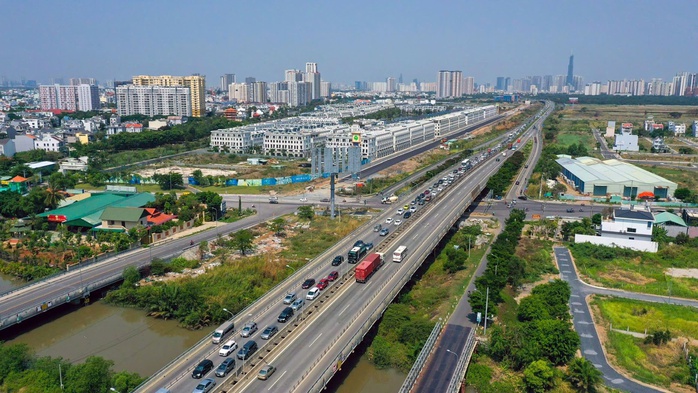
HCMC requires a superior legal framework for breakthrough development. Photo: HOÀNG TRIỀU
Unblocking Urban Infrastructure Development
Discussing post-merger urban development, Dr. Dư Phước Tân, former Head of Urban Management Research at the HCMC Development Research Institute, highlights the urgent need for solutions to maximize potential, particularly by removing investment bottlenecks through an enhanced legal framework based on the amended Resolution 98.
HCMC’s capital investment needs over the next five years are immense, yet spatial integration among the merged localities remains inadequate. Transportation infrastructure lacks coherence, with no direct highways linking Bình Dương and Bà Rịa – Vũng Tàu via Đồng Nai. The urban rail and dedicated railway systems are incomplete. Reliance on road transport overburdens gateways like National Highway 51 and the Long Thành – Dầu Giây Expressway, leading to port congestion and higher logistics costs compared to regional peers.
National Assembly Resolution 188/2025 pilots special mechanisms for urban rail development in Hanoi and HCMC, emphasizing the Transit-Oriented Development (TOD) model. However, TOD implementation faces obstacles, necessitating a superior legal framework for effective execution.
The amended Resolution 98 introduces provisions to unblock investment, particularly in urban rail and ring roads under the TOD model. Key additions include: expanded authority for city leaders in project appraisal, approval, licensing, and investor selection; powers to adjust planning, land use, and investment allocation; and flexibility in defining planning indicators, housing types, and commercial services on TOD land. Revenue from TOD land commercialization will be fully retained for priority investment in rail and TOD transport projects.
Dr. Tân notes that these amendments address urgent bottlenecks, positioning HCMC to effectively implement the TOD model over the next 5-10 years.
ASSOC. PROF. DR. TRẦN HÙNG SƠN, Director, Banking Technology Research Institute – Vietnam National University HCMC:
Adding “Wings” for Development
Aspiring to become a modern urban center and regional finance, trade, and logistics hub, HCMC gains significant opportunities from its expanded development space. This new territory, coupled with high-quality FDI, can propel HCMC’s growth in the coming phase. These factors not only help overcome land and infrastructure constraints but also shift the growth model toward sustainability and innovation.
Post-expansion, HCMC can alleviate population and land pressures while broadening markets and supply chains through infrastructure sharing and coordinated planning. Models like Tokyo-Yokohama (Japan) and Bangkok-Chonburi (Thailand) demonstrate that effective core-satellite connectivity drives robust regional development. High-quality FDI acts as a catalyst, upgrading productivity and technology, as seen in Singapore’s success with high-tech and R&D-focused FDI.
Critical to this process is connectivity infrastructure. HCMC must complete ring roads and highways, and optimize Long Thành Airport and Cái Mép – Thị Vải Port to establish a modern logistics network.
Direct Routes to Long Thanh Airport Accelerate Towards Completion
Among these routes, the upgrade project of Ton Duc Thang Road (25B), spanning from the center of Nhon Trach Commune to National Highway 51, is slated for technical completion by late 2025. Its primary objective is to establish a seamless transportation link between Long Thanh Airport and Ho Chi Minh City.
Unusual Price Surges in Ho Chi Minh City Real Estate Projects Under Scrutiny
Ho Chi Minh City is intensifying legal scrutiny, evaluating the conditions for product commercialization, and assessing the transparency of information for real estate projects exhibiting abnormal price surges in recent times. This proactive approach aims to prevent profiteering and market manipulation, ensuring a stable and fair environment for all stakeholders.
Empowering the Chairman of Ho Chi Minh City People’s Committee to Accelerate Metro Projects
The Ho Chi Minh City People’s Committee has delegated authority to its Chairman to expedite decision-making on various procedures, ensuring faster progress for the city’s metro projects.

